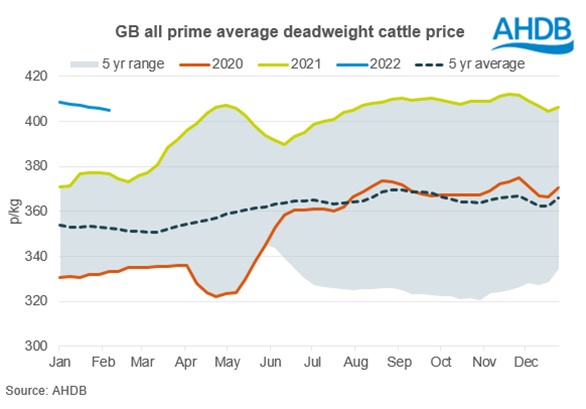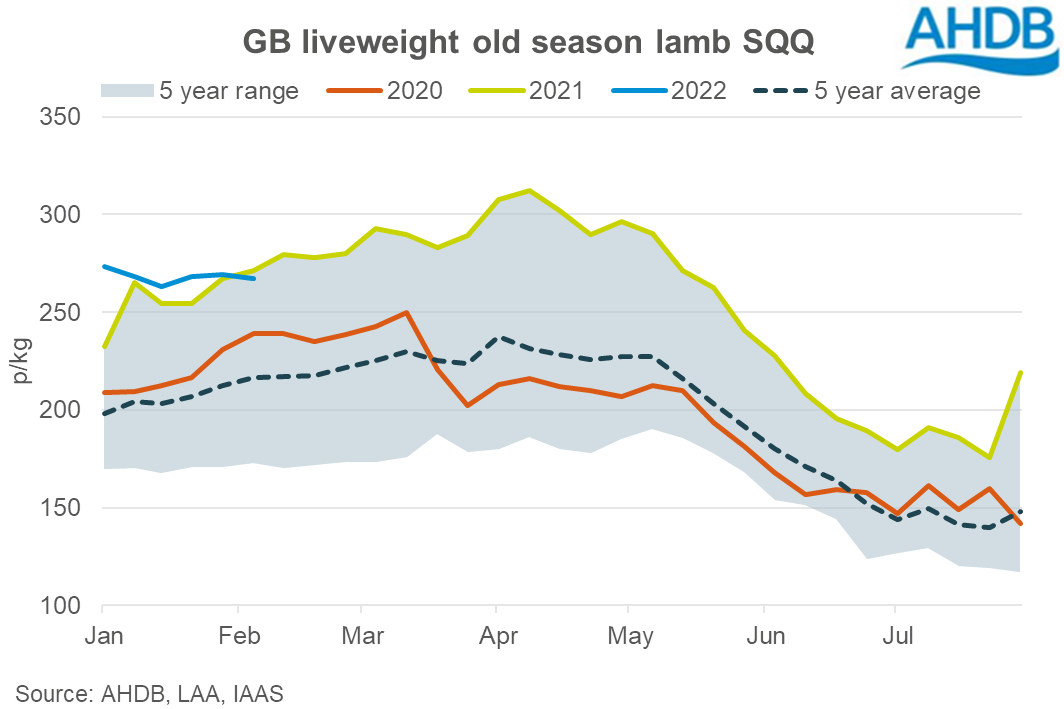New Zealand’s red meat sector exports reached $10 billion in 2021 despite the disruption caused by COVID-19, according to an analysis by the Meat Industry Association (MIA).
The exports represented a nine per cent increase on 2020. The value of red meat and co-products exported in December 2021 was also up 22 per cent year on year, at just over $1 billion.
Sirma Karapeeva, chief executive of MIA, said the sector had worked tirelessly in the face of ongoing global logistical challenges to continue to achieve the best possible results for farmers, the 25,000 people working in the industry and for the New Zealand economy.
“Despite all the disruptions and labour shortages, we were able to make the most of the global demand for red meat and generate record export revenue.
“The sector is continuing to perform for New Zealand in the most difficult conditions. However, supply chain challenges will significantly disrupt exports for some time to come and we do not yet know what impact that will have on the Easter chilled trade.
“This illustrates very clearly how critical it is for the industry to have access to sufficient labour including overseas migrants to capture the greatest market value and support the jobs of thousands of hard-working Kiwis.”
Overall, both sheepmeat and beef exports increased by five per cent and nine per cent year-on-year respectively, with both worth more than $4 billion for the year. Co-products exports also increased by 19 per cent, to almost $2 billion.
Red meat exporters have responded swiftly to adapt to rapidly-changing logistics environments – for instance, by converting chilled product to frozen, when needed, to address risks in the disrupted supply chain, says Ms Karapeeva.
While chilled sheepmeat exports to the UK dropped by 42 per cent in December, to the lowest volume in 25 years, frozen sheepmeat exports to the UK increased by 95 per cent.
Ms Karapeeva said that while there has been some softening in Chinese demand for sheepmeat from the previous high levels, prices in China have remained strong.
Overall sheepmeat export volumes to China dropped by 15 per cent in the fourth quarter. However, the value of sheepmeat exports to China increased by three per cent in the same period.
China remained the largest overall importer for the quarter (41 per cent), followed by the US (20 per cent), the UK (4 per cent) and Japan (4 per cent).
scoop.co.nz

